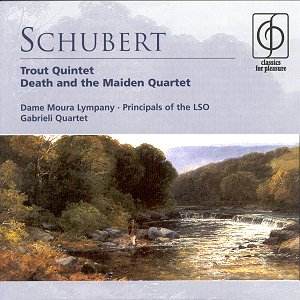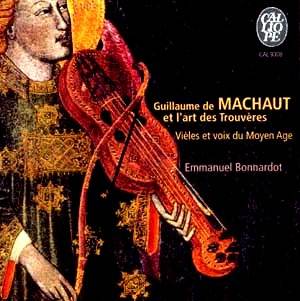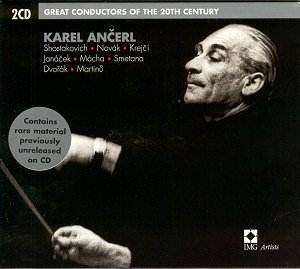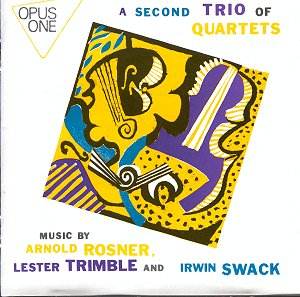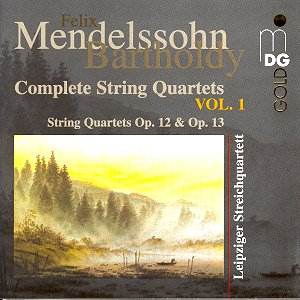 Composer: Felix Mendelssohn
Composer: Felix Mendelssohn
Works: String Quartet in E flat major, Opus 12; String Quartet in A minor, Opus 13
Performers: Leipzig String Quartet
Recording: 22-25 May 2000, Rathaus, Markleeburg
Label: MDG 307 1055-2 [54.10]
Felix Mendelssohn, a luminary of the early Romantic period, composed his two string quartets, Opus 12 and Opus 13, before he turned twenty-one. These works are not merely youthful exuberance but rather profound explorations of form, texture, and lyrical expression, reflecting an already mature voice that marries the Classical traditions of Haydn and Mozart with the burgeoning Romantic ideals of his contemporaries. Both quartets bear the indelible imprint of Beethoven, whose shadow loomed large over the landscape of early 19th-century music; Mendelssohn’s deep admiration for Beethoven is palpable in the structural clarity and emotional depth of these compositions.
The Leipzig String Quartet, comprised of former members of the Gewandhaus Orchestra, undertakes this Mendelssohn journey with a commendable sense of ensemble and individual artistry. Their performance of Opus 13 opens with a fervent Allegro, where the players deftly navigate the intricate interweaving of themes. The first movement’s development section showcases their technical prowess, with each instrument contributing to a rich tapestry of sound while maintaining a crisp delineation of lines. The musicians exhibit a keen sensitivity to the work’s lyricism, particularly in the Andante, where the cello’s singing line is beautifully complemented by the delicate interplay of the violins and viola, creating a moment of poignant introspection.
In juxtaposition, the String Quartet in E flat major, Opus 12, exudes a youthful vigor, particularly in its spirited Scherzo. Here, the Leipzig Quartet’s approach emphasizes clarity of texture, allowing the playful dialogue between the instruments to shine. The performance captures Mendelssohn’s light-heartedness while never sacrificing emotional depth; the players bring a vivacity to the work that is infectious. Notably, the final Presto is executed with exhilarating precision, showcasing the players’ technical agility and ensemble cohesion.
Recording quality is often a subtle yet crucial element in chamber music, and MDG’s engineering provides a close and vibrant sound that enhances the clarity of the Leipzig Quartet’s interpretation. The sharp focus on individual instruments allows listeners to appreciate the intricate counterpoint and nuanced dynamics that Mendelssohn employs. However, this emphasis on clarity may at times render the ensemble sound slightly less blended than that of the Vellinger Quartet’s recent ASV recording, which offers a warmer, more integrated timbre. While the ASV interpretation presents a lushness that is deeply satisfying, the Leipzig Quartet’s attention to detail—particularly in the articulation of Mendelssohn’s thematic material—gives their performance a distinct character.
The decision to present Opus 13 before Opus 12 on the MDG disc raises questions, as it defies the chronological progression one might expect. While it may be an artistic choice, it could lead to confusion for listeners unfamiliar with the works. The absence of the E flat Fugue, Opus 81 No. 4, which the ASV recording includes, is another point where the MDG release could have offered a fuller experience of Mendelssohn’s quartets.
The Leipzig String Quartet’s interpretations of these early Mendelssohn quartets reveal a depth and sophistication that belies the composer’s youth. Their technical command, combined with an acute understanding of the emotional landscape of the music, allows for a compelling listen. Each movement unfolds with a clarity and vitality that honors Mendelssohn’s genius while also showcasing the ensemble’s individual artistry. This recording stands as a strong entry in the ongoing exploration of Mendelssohn’s chamber music, setting an encouraging precedent for the complete survey to come. The balance of technical prowess and interpretive insight speaks to the enduring relevance of Mendelssohn’s works, ensuring that they continue to resonate with both performers and audiences alike.
